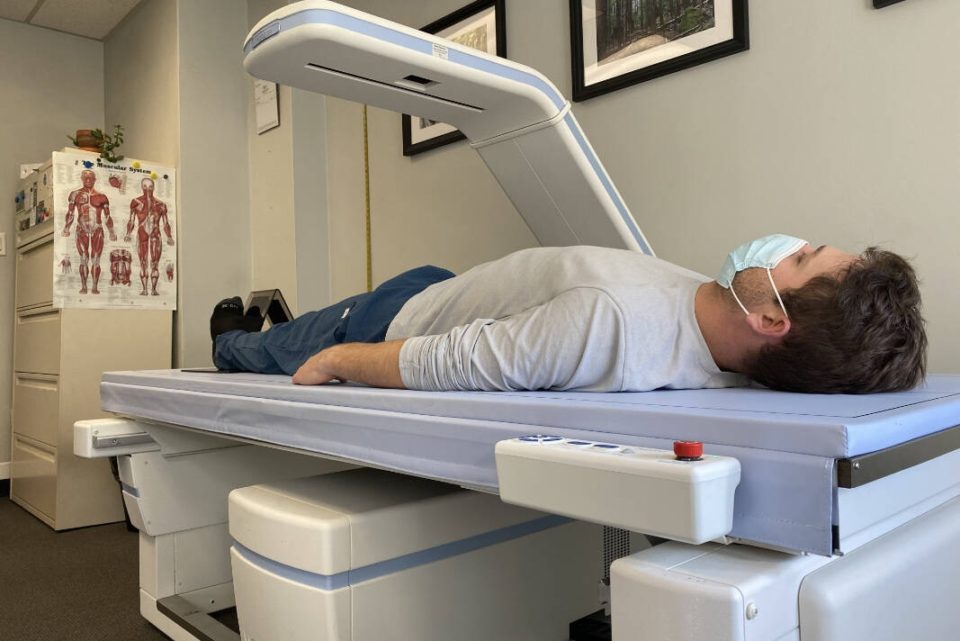Osteoporosis can profoundly impact your life, especially if left untreated. You can experience pain from bone fractures that can occur with very little trauma, such as bumps, knocks, stumbles and falls.
The pain and discomfort caused by osteoporosis can affect everyday tasks and actions, such as reaching down to pick up an object, lifting and carrying shopping bags and even coughing. While bones may not be broken in the usual sense of the term, spinal and compression fractures can go unnoticed and cause a lot of pain.
Diagnosing Osteoporosis
You may see your GP for help with your pain or if you suspect you may have undiagnosed joint or health problems causing your pain. If your GP suspects you have osteoporosis, they will refer you to a specialist doctor that can provide you with a proper diagnosis and the best treatment for your condition.
Dr Bhadauria is a consultant rheumatologist that specialises in inflammatory and autoimmune diseases that affect the muscles, bones, tendons and soft tissues of the body, including osteoarthritis, rheumatoid arthritis, lupus and osteoporosis.
By having a private consultation with Dr Bhadauria at one of his London-based practices, you will benefit from cutting-edge diagnostic tests to help confirm your osteoporosis diagnosis and rule out or uncover another underlying cause for your pain issues.
Diagnosing osteoporosis can include having a DEXA scan to measure your bone density and other tests and a physical examination to determine the best course of treatment and forward management of your condition.
An individually tailored treatment plan
No two patients diagnosed with osteoporosis will experience the same type and level of pain. Several factors are considered when working out your personally tailored treatment plan. Things that are considered include your age and sex, your previous health history, and your current fracture risk rate.
While there are medications that Dr Bhadauria can prescribe to help control your pain symptoms and slow the progression of your condition, he also likes to take a whole-body approach with treatments that go beyond medication. This can include gentle regular exercises such as tai-chi or swimming and learning relaxation techniques to lower stress levels and manage pain.
You may be prescribed supplements such as Vitamin D, Vitamin K and Calcium, hormonal therapy, and recommended diet and lifestyle changes.
Longterm management and support
Unfortunately, osteoporosis doesn’t have a permanent cure. The condition requires lifelong management that will include ensuring your home and work environments are as risk-free as possible. If you work, it can help you to talk with your employer to find ways to reduce or eliminate risks and hazards that can increase the risk of accidents and falls.
You should continue receiving ongoing medical support from Dr Bhadauria and his team with regular reviews to ensure that you remain on the best possible treatment plan.
If you suspect you have osteoporosis, the first step to getting a proper diagnosis is to contact us and book a private consultation with Dr Bhadauria at one of his London-based practices.

